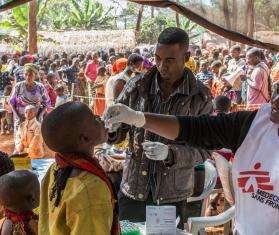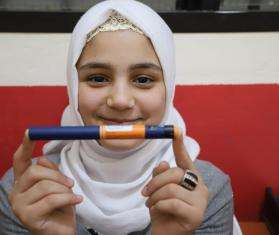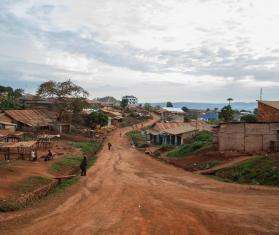*Data from MSF International Activity Report 2021
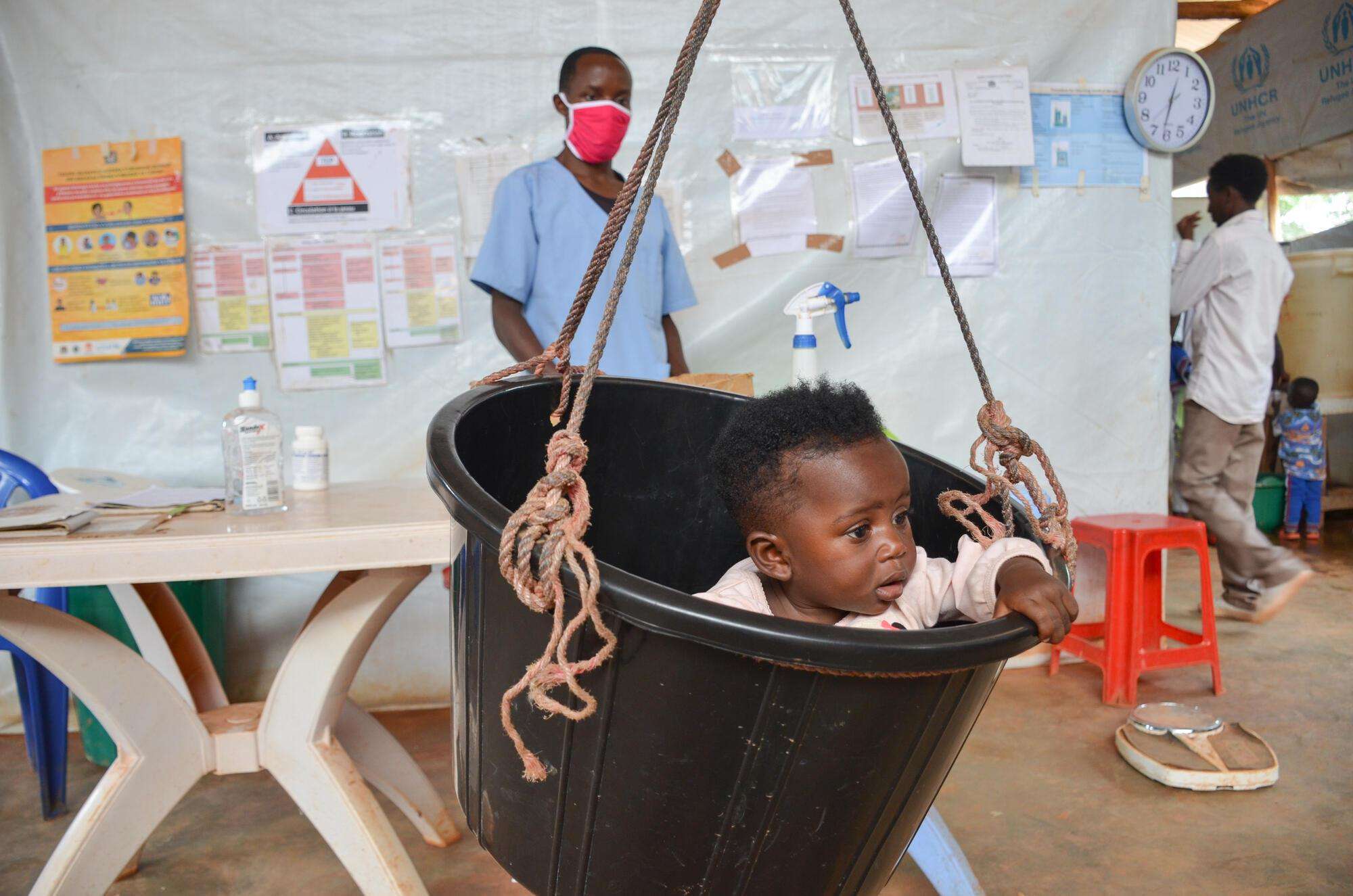
Tanzania 2021 © MSF/Alawiya Mohammed
Tanzania
The focus of MSF activities in Tanzania is providing health care for Burundian refugees and local communities in Kigoma region.
Our work in Tanzania
Doctors Without Borders/Médecins Sans Frontières (MSF) runs a range of health services for Burundian refugees and local communities in Tanzania’s Kigoma region.
What's happening in Tanzania?
Currently, Tanzania hosts around 246,494 refugees and asylum seekers, mainly from neighboring Burundi. Since February 2021, MSF’s support has focused on specialized and secondary health care with the aim of improving the quality of care for refugees and Tanzanian host communities.
Doctors Without Borders/Médecins Sans Frontières (MSF) has also responded to several emergencies in the country including floods.
How we're helping in Tanzania
In 2021, MSF provided health care to some 77,000 refugees in Nduta camp and the surrounding host community. Our services included care and counselling for victims of sexual and gender-based violence, mental health consultations, and treatment for tuberculosis, HIV, and non-communicable diseases. We also ran pediatric and adult wards at the hospital in the camp and assisted deliveries. For patients requiring emergency surgical and obstetric care, we facilitated referrals to the nearby government hospital. In addition, we supported emergency preparedness and response activities, for example, opening a COVID-19 isolation unit in the hospital in Nduta camp, where we took care of 41 patients.
During the year, we handed over three health posts and an outpatient therapeutic feeding center to the Tanzanian Red Cross Society, enabling us to increase our focus on specialist care.
On 6 December, Mtendeli, one of the three refugee camps in Kigoma region, was officially closed, and the 20,000 people living there were transferred to Nduta. Mtendeli camp was established in 2016 after tens of thousands of people fled into Tanzania from neighboring Burundi to escape conflict. The voluntary repatriation of Burundian refugees continues, with 139,305 repatriations completed between January and November 2021.
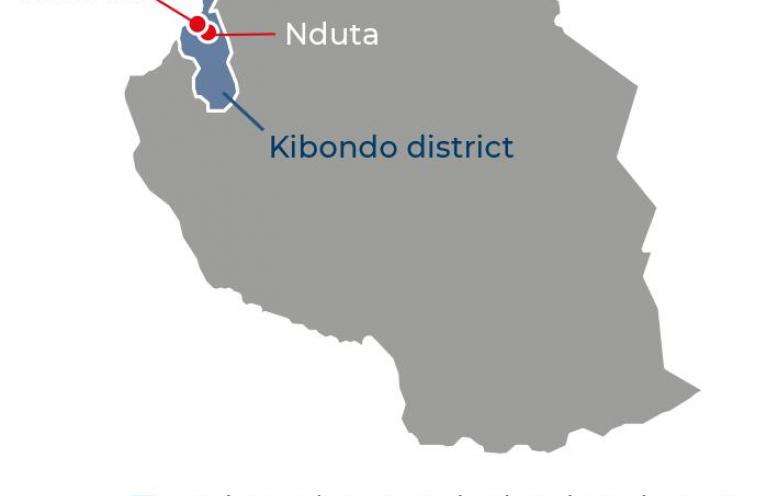
How we're helping
64,100
Outpatient consultations
11,000
Malaria cases treated
20,800
Emergency room admissions
7,960
Individual mental health consultations
1993
Year MSF first worked in the country
More news and stories
Learn about MSF’s journalistic roots and our commitment to bear witness and speak out about the plight of the people we treat.
Learn about MSF’s journalistic roots and our commitment to bear witness and speak out about the plight of the people we treat.
